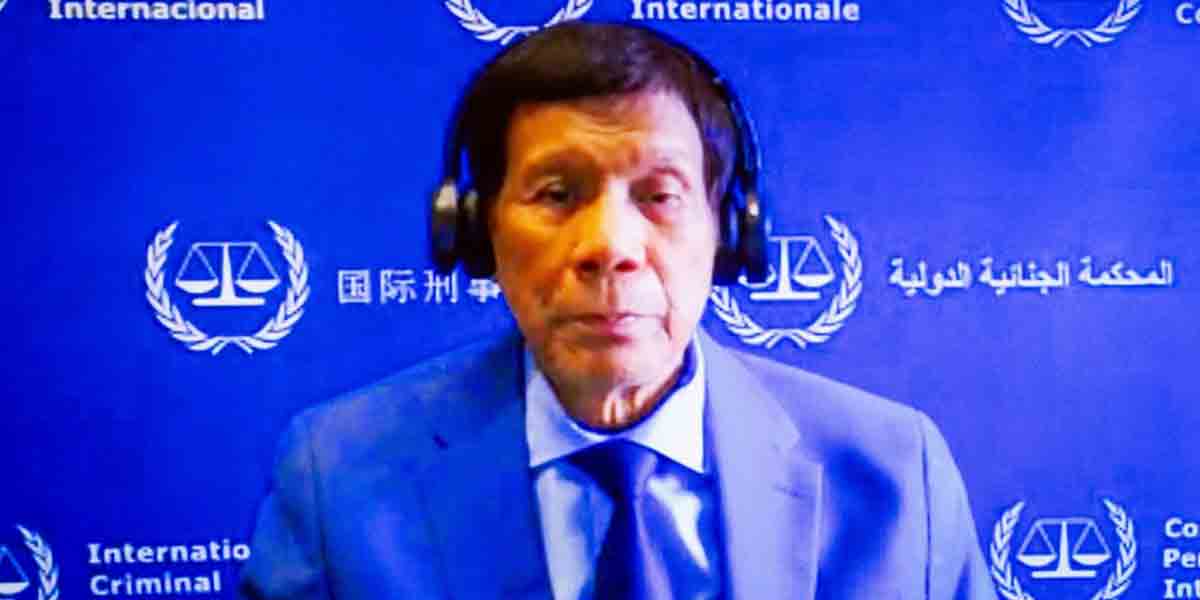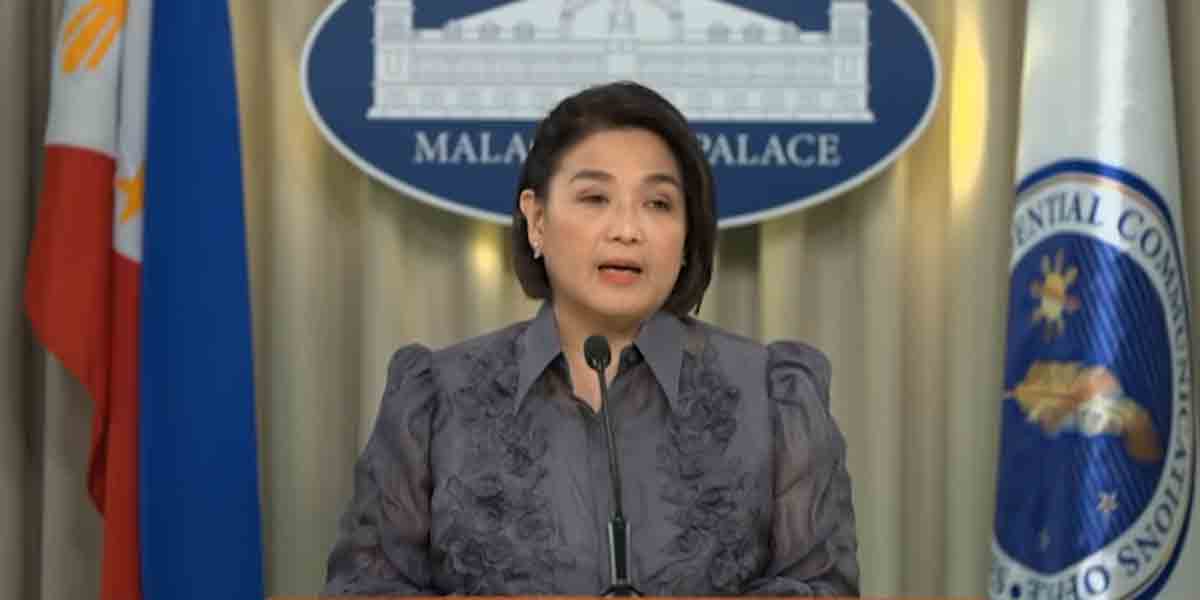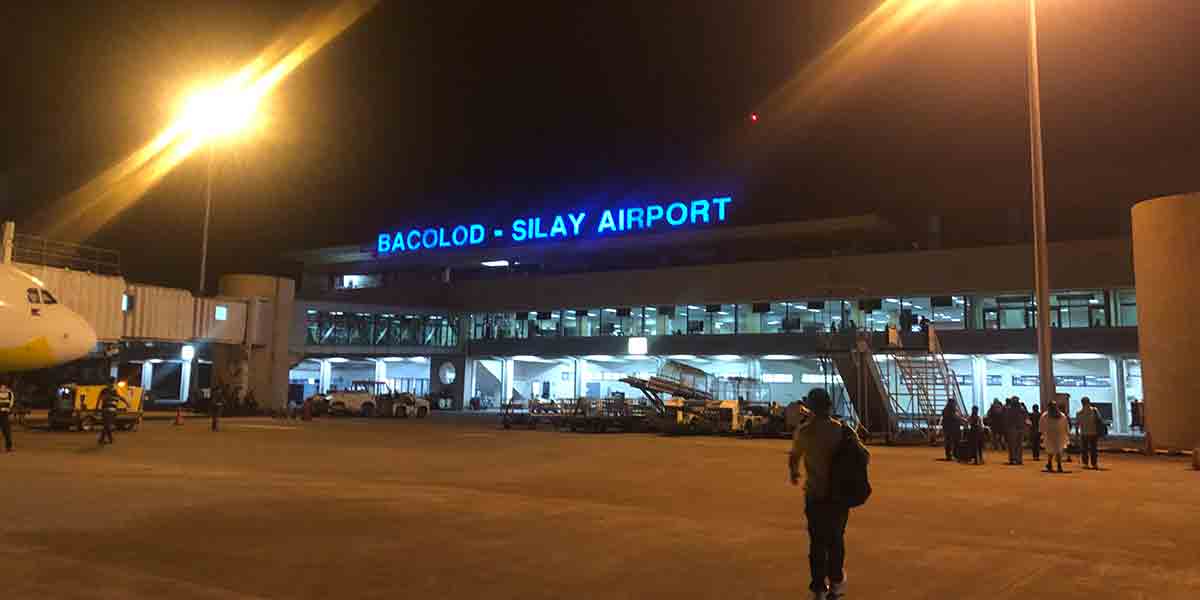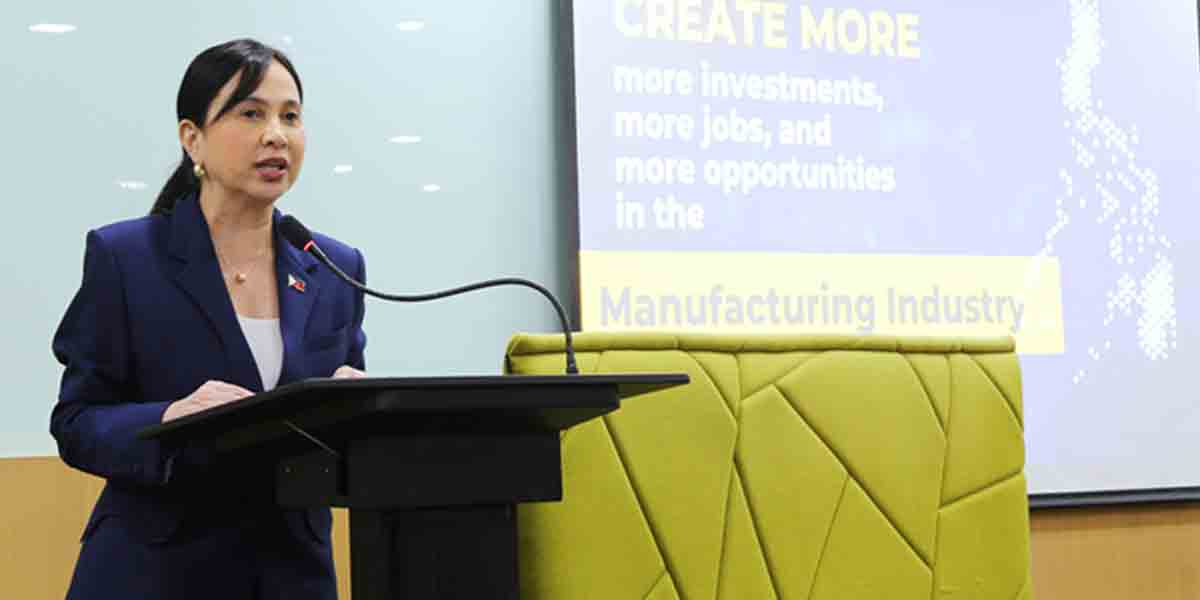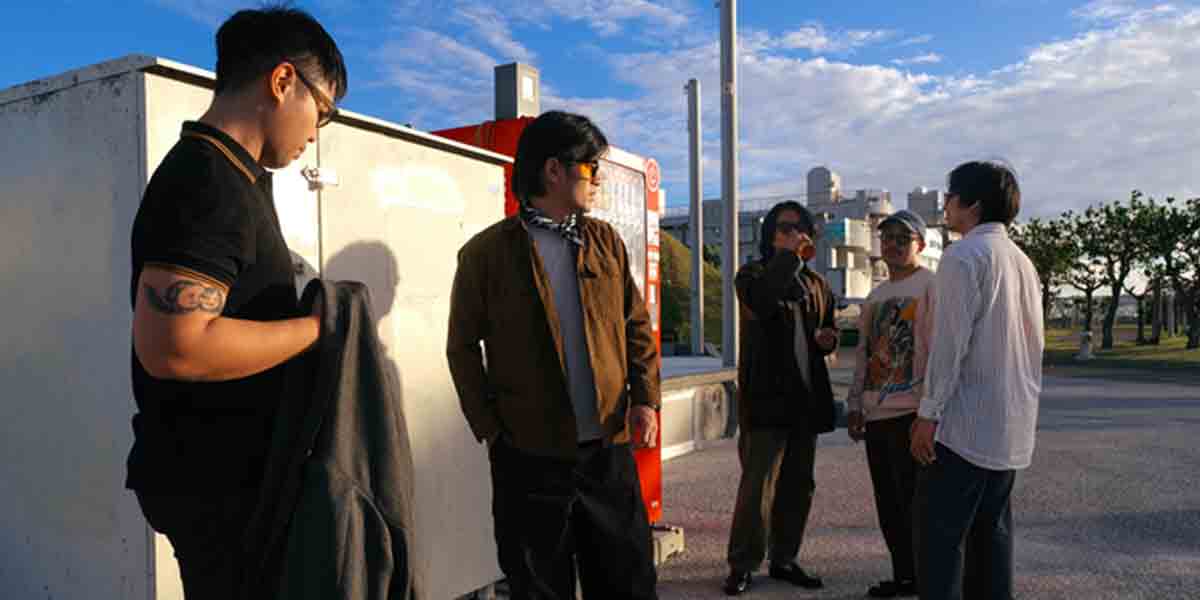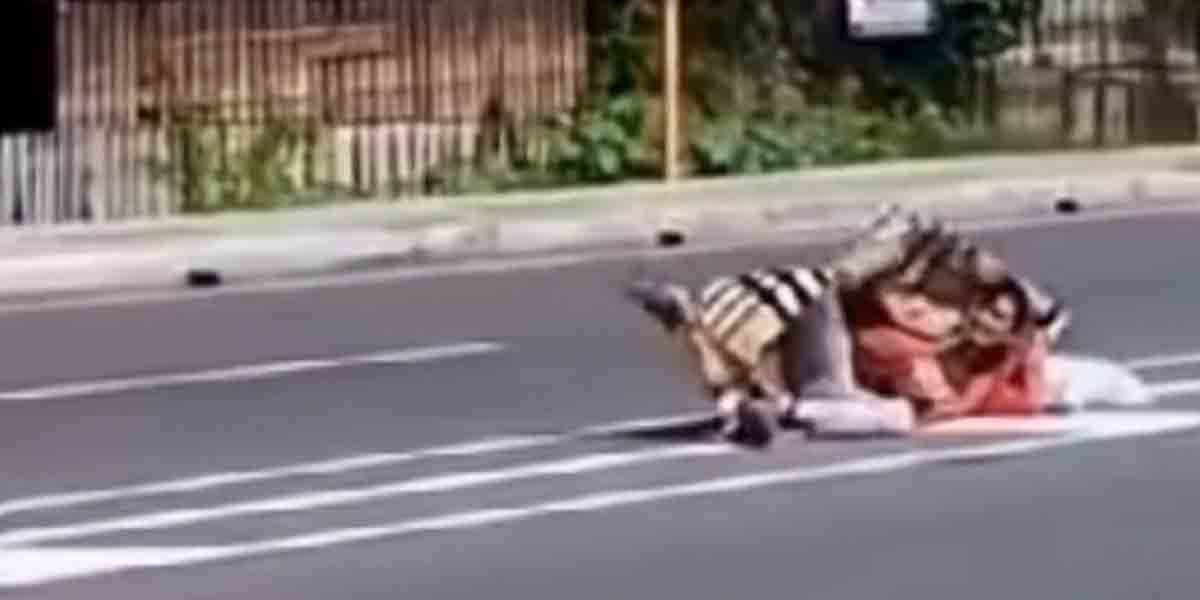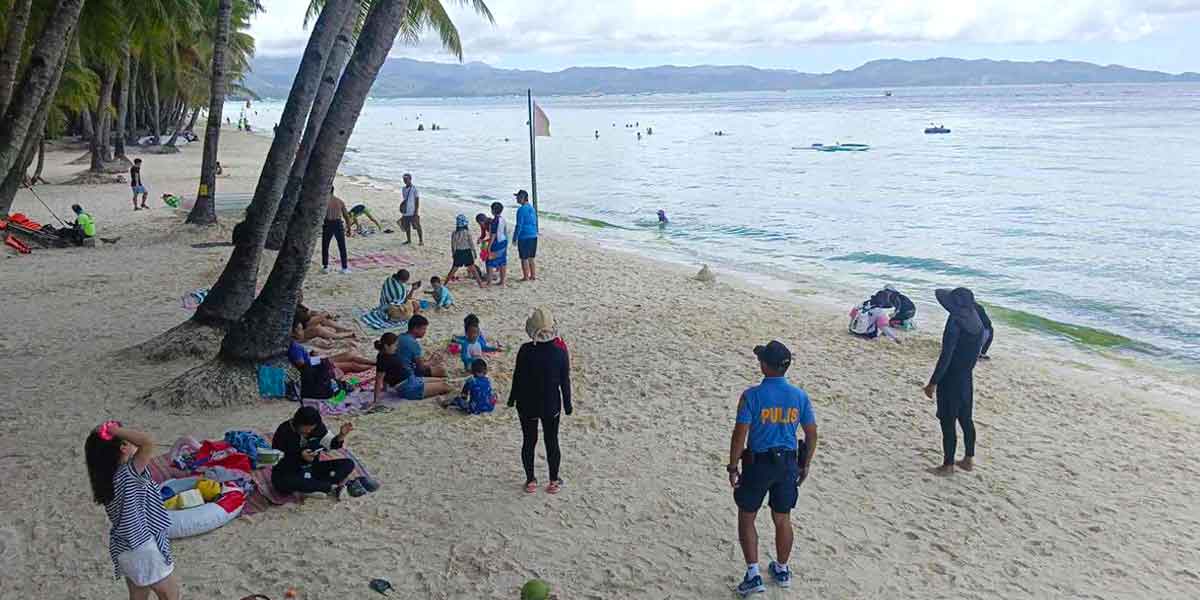 By Modesto P. Sa-onoy
By Modesto P. Sa-onoy
Even before President Rodrigo Duterte signed the Anti-Terrorism Act last July 3, there were already strong opposition from several sectors, aside from the strong words from the Catholic Bishops Conference of the Philippines. Most of the oppositions are from the legal circles, some of them retired justices.
New cases were filed before the Supreme Court and a few had started public indignation rallies despite the restrictions imposed by the pandemic. The news last Friday says the new petitions brought the number of petitions to sixteen since it was signed.
Some of the new petitioners before the Supreme Court claim that the new law, “effectively declares peaceful assemblies like the 1986 People Power Revolution as an act of terrorism.”
After retired high court Senior Associate Justice Antonio Carpio and former high court Justice and former Ombudsman Conchita Carpio-Morales filed the 11th petition on Wednesday, the 12th group of petitioners was led by 1986 Constitutional Commission members Dr. Florangel Rosario-Braid and Prof. Edmundo Garcia. Justice Carpio had already said prior to the signing that he would contest the new law before the High Court.
Last Friday a team from the Justice department convened to discuss the implementing rules of the ATA. Justice Secretary Menardo Guevarra said his department will still brainstorm and identify the provisions of the ATA that will need implementing rules and regulations.
“We will consult with the legal team of the Office of the President, as well as with the secretariat of the Anti-Terrorism Council, as we go along,” Guevarra said in a text message to the media.
However, Solicitor General Jose Calida said that the ATA was already in effect even if the government had yet to craft its implementing rules and regulations. He said laws are not contingent on the implementing rules.
“To claim that the law is ineffective until implementing rules are promulgated creates an absurd situation where an agency can delay the effectivity of the law by delaying the promulgation of its rules,” Calida said.
“To argue that a law is less than the law because it is made to depend on a future event or act is to rob Congress of its plenary power to act wisely for the public welfare.”
In their petition, Braid and Garcia and several congressmen and media personalities asked the high court “to issue a temporary restraining order or a preliminary injunction, or both, until the magistrates resolved their main plea to declare the entire law or some of its provisions unconstitutional for violating the constitutionally guaranteed freedom of speech, freedom of the press, freedom of expression and the right of the people to peaceably assemble and petition the government for the redress of grievances.”
They also asked the high court to set the case for oral arguments, and after due proceedings, to make the TRO, injunction, and temporary protection orders permanent.
Other petitioners claim that the definition of terrorism under the law is “vague and overbroad,” which may be used as “a weapon against constitutionally protected speech and speech-related conduct.”
One fear is that the law “creates free speech as crime of inciting to terrorism under Section 9 and then ties it to a new definition of the crime of terrorism which is found in Section 4.
While some petitioners say the ATA is laudable in its objectives, “it has provisions that “undermine the safety and interest of the people that it seeks to protect from terrorism.”
The issues are joined, and the nation looks to the Supreme Court for wisdom. I fear, however, that while there are organizations that are taking the peaceful path through the Supreme Court, others are already prepared to bring the issue directly before the people.
While the cases are pending with the Court, there are groups marching on the streets. With the ATA already in effect, the authorities might be tempted to act before the implementing rules are approved.
This will be the initial test. Will the police move against street protesters and charge them under the ATA? Will the bishops and priests who speak strongly against abuses be hailed to jail under the ATA rather than the sedition law? The sedition law is clear but, as the petitioner’s charge, the definitions in the ATA are vague and provide the police with wider parameters for interpretation. The case may not prosper but an arrest can be harrowing.

